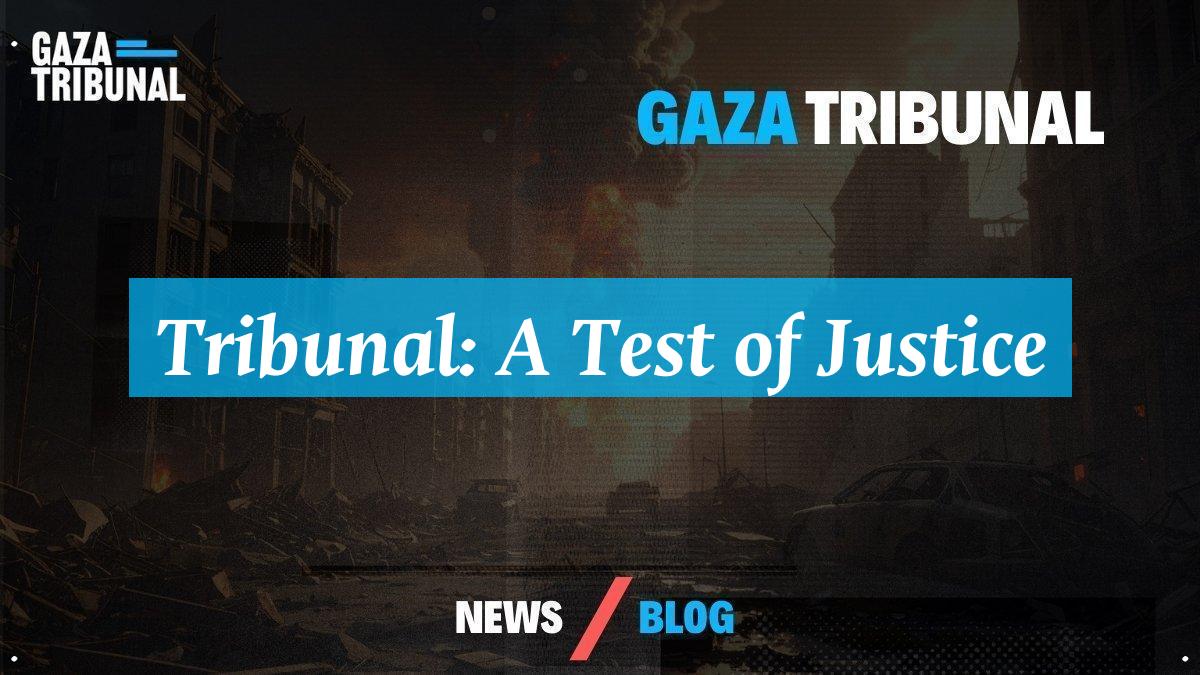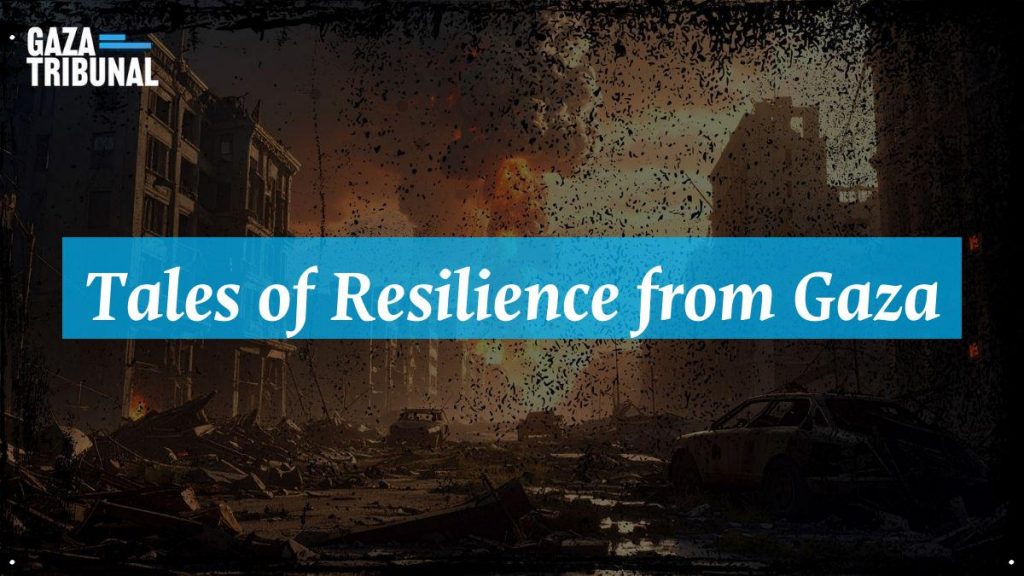In the realm of human experiences, the stories emerging from Gaza carry an unmistakable weight, particularly reflected in the October 7 Events. Muhammad Abu Nada’s journey stands as a testament to heartache and resilience, where the horrors of sudden loss intertwine with the call for accountability. His struggle represents not just a personal narrative but a larger cry for justice that resonates with countless others who share similar fates. Amidst the chaos of war, how do these individual stories compel our attention? They serve as powerful reminders of the lives shaped by tragedy. This urgent call to recognition deserves our unwavering focus, as every shared experience lays down foundations for humanity’s collective understanding and empathy. For more updates on related matters, visit our news category. October 7
As we dive deeper into the aftermath of the October 7 Events, Muhammad’s tale becomes a beacon of hope amidst despair. The losses he bears are heavy, yet he transforms grief into responsibility, striving to keep the memories of his loved ones alive. Each remittance he sends home reflects his relentless spirit, even as the logistics of life present monumental challenges. Yet, what stands out most here is his conviction that storytelling acts as a lifeline. “If we don’t speak up, who will?” he poignantly asks, challenging us to confront the silence that envelops hard truths. Indeed, his journey embodies the indomitable will to advocate for justice, proving every voice matters in weaving the narrative of our shared humanity. Let’s amplify these stories together!
The Weight of Memory
Memory shapes our identities, often carrying the weight of loss. For Muhammad Abu Nada, each recollection feels both precious and painful. He remembers the laughter that filled his home and the warmth of family gatherings. Yet, the shadows of absence lurk behind those memories, reminding him of what he lost. “What does it mean to live without them?” he often ponders. This question lingers in his mind, shaping his daily existence. The echoes of their laughter haunt him, yet they also inspire him to keep their memory alive. He feels a profound responsibility to honor their legacy. Every story he shares becomes a tribute, a way to ensure they are never forgotten. 
Tenfold grounds that expose the weight of the matter, he understands the significance of collective memory. “When we remember together, we strengthen our bonds,” he asserts. This belief drives him to engage with others who share similar experiences. Together, they form a community of survivors, each with their own story of loss. Each story adds depth to their shared narrative, creating a rich tapestry of resilience. As they gather, they find solace in one another’s experiences. “We are not alone,” he reminds them, offering comfort amidst shared grief. This connection fuels their collective quest for justice, making their voices louder and more impactful. The act of remembering becomes a source of strength and unity.
Building Bridges Through Storytelling
Storytelling serves as a powerful tool for connection and understanding. For Muhammad, sharing his journey becomes a way to bridge the gap between cultures and experiences. “How can we understand one another if we don’t share our stories?” he asks, a challenge to those who listen. He believes that storytelling fosters empathy, allowing others to grasp the depth of human experience. Through his narratives, he hopes to break down barriers and foster dialogue. “Each story is a window into another world,” he emphasizes, opening up conversations that matter. By sharing his pain and resilience, he invites others to reflect on their own lives and experiences.
In this way, Muhammad not only preserves his family’s memory but also connects with a broader audience. He recognizes the power of social media and public platforms. “I can reach people far beyond my community,” he notes, excitement evident in his voice. This realization drives him to use his platform for advocacy. He shares posts, writes articles, and speaks at events, amplifying voices that often go unheard. “We need to raise awareness!” he exclaims, urging others to join him in this mission. By building bridges through storytelling, he hopes to create a ripple effect of understanding and compassion.
Resilience in the Face of Adversity
Resilience defines Muhammad’s journey. He finds strength in the face of overwhelming adversity. “I refuse to be a victim; I choose to be a voice,” he declares with conviction. This mindset pushes him to keep This leads us directly to what cannot be avoided, despite the challenges he faces daily. He navigates life in a foreign land, carrying the weight of his past. Even as he struggles, he finds ways to uplift others. “If I can inspire even one person, it’s worth it,” he believes. His determination radiates, motivating those around him to persevere. For more on the impact of such stories, you can check this source.
In the midst of chaos, Muhammad discovers small victories. “Every time I share my story, I reclaim a piece of my identity,” he reflects. This realization empowers him to keep advocating for justice. He believes that every action counts, no matter how small. “Together, we can create change,” he insists, a spark of hope igniting within him. The journey may feel daunting, but he remains committed to the cause. With each story, he takes a step closer to healing and justice. His resilience serves as a beacon of hope for others navigating similar struggles.
Gratitude and a Call to Action
As Muhammad concludes his reflections, he emphasizes the importance of community support. “Thank you for standing with us,” he expresses heartfelt gratitude. Each person who listens and engages contributes to a larger movement. He recognizes that change requires collective effort. “We must unite to advocate for justice,” he asserts, urging everyone to take action. “Every voice matters!” he exclaims, reminding listeners of their power. Together, they can amplify their message and bring attention to the plight of those affected by conflict.
In closing, Muhammad reiterates the significance of storytelling. “Let’s continue to share our stories,” he encourages, a glimmer of hope in his eyes. Sharing narratives fosters understanding and compassion. “It’s our way of honoring those we’ve lost,” he concludes, a sense of purpose resonating in his words. Together, through remembrance, they can pave the way for healing and justice. So let’s keep sharing these stories, shining a light on the truth. Thank you for being part of this journey! Visit our homepage for more insights.


